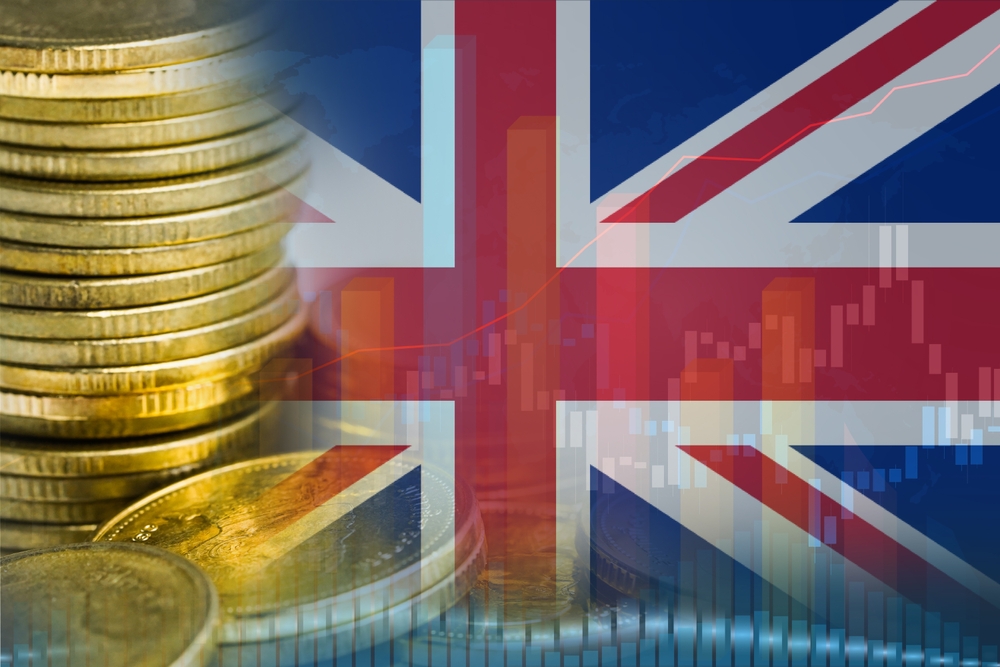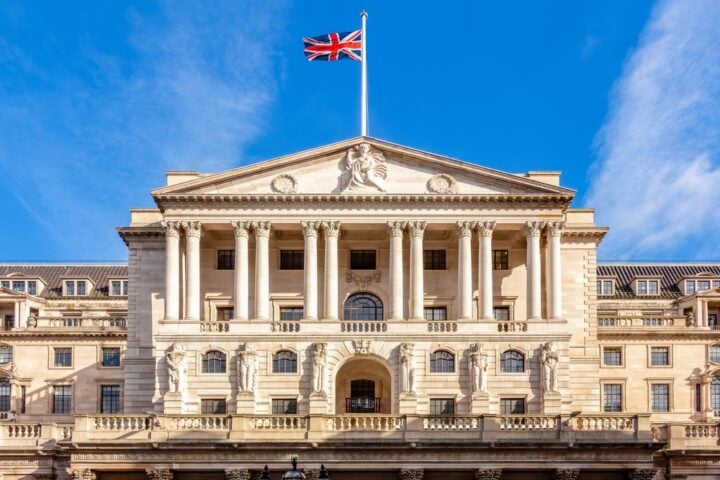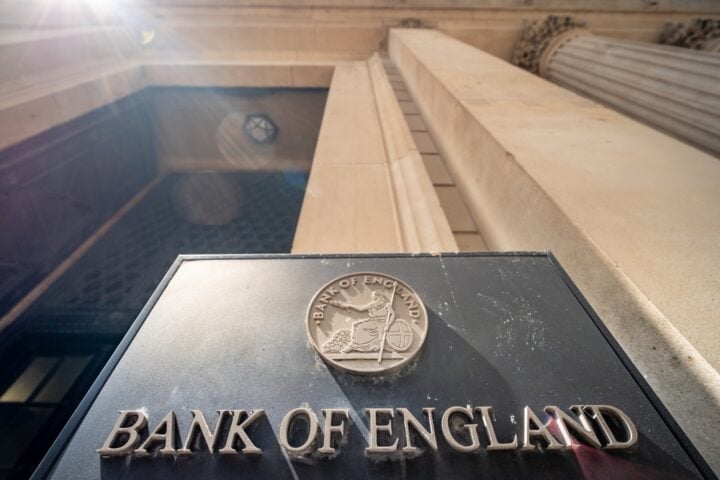The UK economy contracted by 0.1% in October, marking the second consecutive month of decline, according to figures released by the Office for National Statistics (ONS). This fall defied expectations of a rebound following September’s drop, with sectors like pubs, restaurants, and retail reporting particularly weak performance.
Mixed Reactions from Political Leaders
Chancellor Rachel Reeves acknowledged the “disappointing” figures, emphasizing that the government has implemented policies aimed at fostering long-term growth. However, Shadow Chancellor Mel Stride criticized the economic strategy, stating that the contraction reflects the negative impact of the chancellor’s decisions and rhetoric about the economy.
Business Activity Impacted by Budget Uncertainty
KPMG Chief Economist Yael Selfin attributed the subdued economic activity to uncertainty ahead of the October 30 Budget, as businesses and consumers delayed spending. Some industries, including real estate and professional services, saw a temporary boost as work was expedited before the Budget announcement, the ONS reported.
Consumer Confidence Remains Fragile
A December survey by GfK revealed slightly improved consumer sentiment about personal finances in the coming year but found no change in views on the broader economy. Neil Bellamy, consumer insights director at NIQ GfK, noted that pessimism about the UK’s overall economic outlook continues to suppress confidence.
Economic Drag from Interest Rates and Inflation
The UK economy has grown in only one of the past five months, with GDP now 0.1% lower than before Labour took office in July. Higher interest rates, despite two cuts by the Bank of England this year, are seen as a lingering constraint on economic activity. At 4.75%, borrowing costs remain historically high, with further reductions not expected until 2025.
Paul Dales, Chief UK Economist at Capital Economics, remarked, “It’s not just the Budget holding the economy back. The drag from higher interest rates may be lasting longer than anticipated.”
Key Sector Declines and Business Challenges
In October, the manufacturing industry posted a 0.6% drop in activity, while construction fell by 0.4%. The services sector, which constitutes the majority of the UK economy, recorded zero growth.
Rick Gaglio, owner of the menswear shop Twisted Fabric in Hertfordshire, highlighted the ongoing caution among consumers due to inflation and high prices. Retail sales were also dampened by unseasonably wet weather over the summer, exacerbating the challenges for small businesses.
Government’s Growth Ambitions and Milestones
Prime Minister Sir Keir Starmer has pledged to achieve the highest sustained economic growth among G7 nations. Last week, he introduced new milestones, including a commitment to increase real household disposable income and to build 1.5 million homes in England. Despite the current challenges, the government remains focused on long-term goals to restore economic stability.







